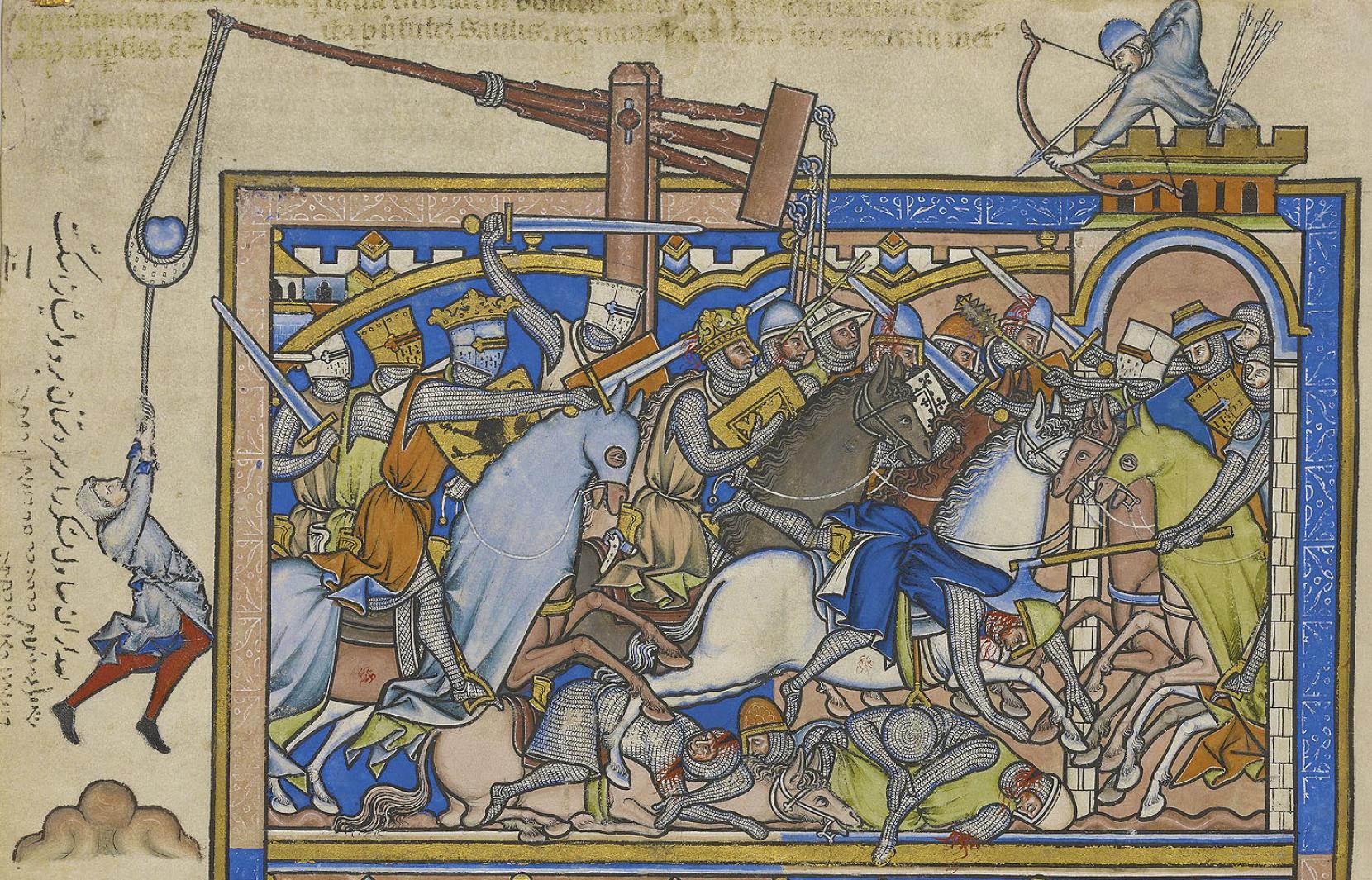
To study history is to study the entire human experience, from the standpoint of its written, oral, and material artifacts. Historians study time and space, faith and reason, politics and economics, art and the built environment, and not least, the thoughts and actions of the prominent, alongside the lives of everyday people.
In learning to tell evidence-based stories about the past, history majors develop one of the most sought-after skills in today's workplace: using sound information and clear reasoning to persuade an audience that an argument is true. This includes:
- How to identify, assess, and contextualize information, while interrogating it for meaning and inherent bias. Nowadays that means becoming proficient in digital as well as written information.
- How to account for change over time.
- How to survey historiography – the legacy of previous historians’ work on any given topic – in order to understand why interpretations change. Doing so allows historians to ask new questions, re-frame old problems in new ways, and to comprehend the variety of methods that historians employ.
- How to plan and carry out research projects from proposal to final written analysis, respecting the ambiguity, complexity, and provisional nature of historical argument.
- How to deploy information and arguments in an ethical manner, particularly in standards of source citation and transparency of method.
- How to write analytically and effectively, especially in longer-form work, and to appreciate differences in writing for different audiences and venues.
Most students who major in history do so because of a passion or fascination for learning about the past, but they go on to discover the satisfaction of knowing that their mastery of research and writing skills advances hand in hand with their deepening historical knowledge.
There are many excellent reasons to study history, among them to comprehend the treasure of heritage, identity, and intellectual traditions of one’s own culture or another far removed in time and space. But equally importantly, the discipline of history helps to cultivate informed citizenship by teaching the skills necessary to distinguish fact from fiction, in a world where the two are increasingly blurred. Finally, studying history leads students to discover the freedom inherent in wisdom and virtue.
But there are also some practical advantages of history studied well.
